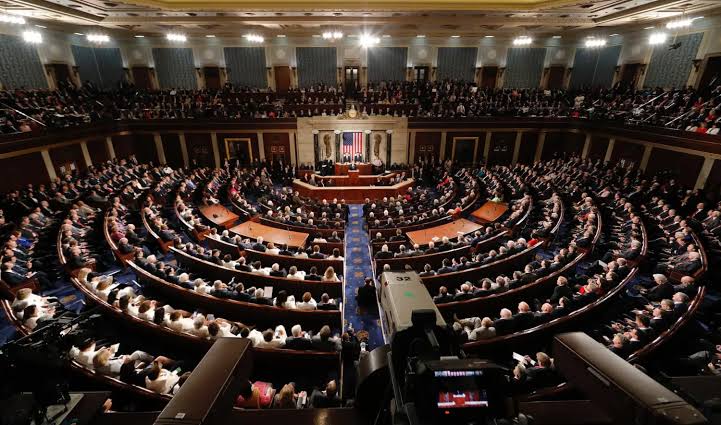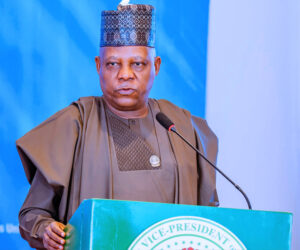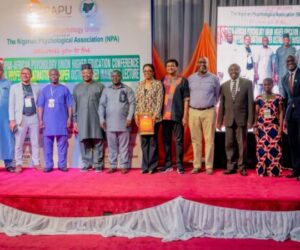Christians in Nigeria.
A new bill introduced in the United States Congress aims to impose targeted sanctions on the Miyetti Allah Cattle Breeders Association of Nigeria (MACBAN) and Miyetti Allah Kautal Hore, citing alleged severe violations of religious freedom against Christians in Nigeria. The proposed measures include visa bans and asset freezes for individuals associated with these groups.
Representative Smith Christopher, who sponsored the bill on Tuesday, commended US President Donald Trump for re-designating Nigeria as a “country of particular concern” (CPC) under the International Religious Freedom Act. The CPC designation is reserved for countries believed to engage in or tolerate particularly severe violations of religious freedom.
In addition to the Miyetti Allah groups, the bill also adds “Fulani-Ethnic Militias” operating in Benue and Plateau states to the list of entities of particular concern (EPCs). EPCs are non-state actors accused of committing particularly severe violations of religious freedom. Other previously designated EPCs include Boko Haram, ISIS-West Africa, ISIS-Sahel, Houthis, and the Taliban.
The legislative move comes alongside remarks from US Senator Ted Cruz, who vowed to hold Nigerian officials accountable over claims of Christian persecution. Senator Cruz had earlier proposed the “Nigeria Religious Freedom Accountability Act of 2025,” which called for targeted sanctions against federal or state officials who “promoted, enacted, or maintained Nigerian blasphemy laws,” including through public advocacy, legislative action, or executive enforcement.
Supporters of the US bills argue that these measures are necessary to address ongoing religious violence in Nigeria, where attacks on churches, Christian communities, and individuals have been reported in several northern and central states. Critics, however, note that the Nigerian government has consistently denied that religion is a primary driver of insecurity, instead pointing to broader social, political, and economic factors contributing to violence in the country.
The proposed sanctions would represent a significant escalation in US efforts to address religious freedom violations in Nigeria, potentially affecting not only group leaders but also their international operations and financial networks. Lawmakers behind the legislation say the aim is to hold perpetrators accountable while sending a message about the United States commitment to protecting religious minorities worldwide.
The bill is now under consideration in the US Congress, with its outcome likely to influence diplomatic relations between the United States and Nigeria, particularly regarding security cooperation and human rights issues.
Erizia Rubyjeana
Follow us on:








